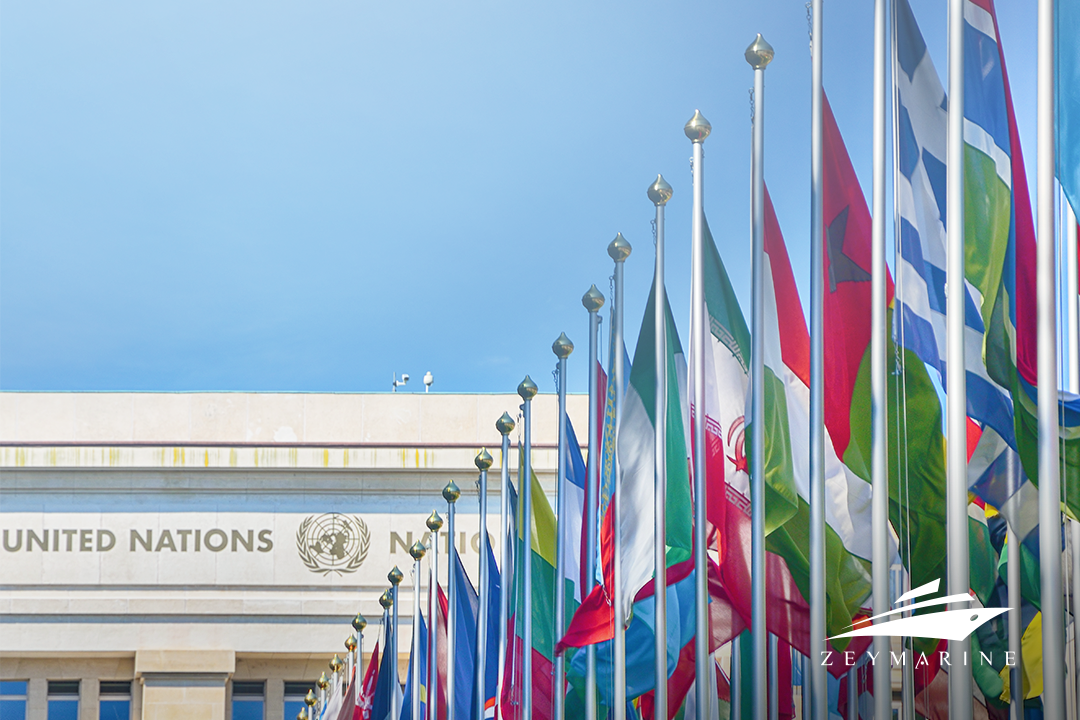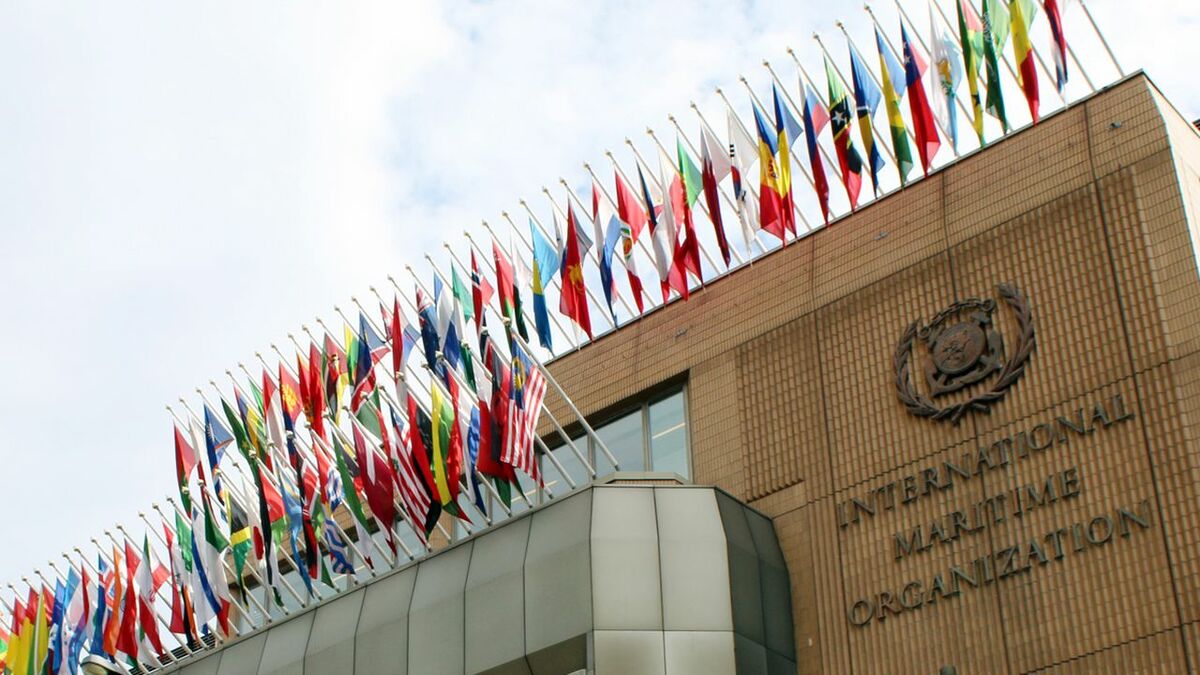October 24 marks United Nations Day. The International Maritime Organization (IMO), a crucial part of the United Nations bureaucratic engine room, quietly ensures our safety when we ship our goods from one point to another, despite the fact that most people only associate the UN with the lofty goals of world peace and the eradication of poverty.
As we commemorate United Nations Day, let’s explore why this organization is a beacon in the choppy ocean of international relations.
Maritime World Without IMO
The IMO is the global guardian of maritime safety, environmental stewardship, and security. It was established in 1948 under the careful eye of the United Nations. If you will, picture a world without it, one in which each country had its rogue maritime strategy. This is maybe how that could appear:
The ocean would turn into a wild west of water. Fishing vessels collect every last tuna without even acknowledging sustainability, cargo ships crash through legal grey areas with the dexterity of a pirate ship, and oil tankers zigzagging like intoxicated seagulls. It resembles a dystopia on a sea, except with more barnacles and less leather. What was the outcome? Large-scale oil leaks, abandoned crews with no way out, and the occasional megaship stuck sideways in a vital canal are all too common (frankly, the last one even happened under IMO standards).
Story of IMO
Creating international rules that all shipping nations must abide by has long been acknowledged as the greatest approach to improving maritime safety, and several such treaties were ratified starting in the middle of the 19th century.
The IMO was formally established in 1948 when a convention was agreed at an international meeting in Geneva. In 1982, the Inter-Governmental Maritime Consultative Organization (IMCO) was renamed the International Maritime Organization (IMO).
According to Article 1(a) of the Convention, the purpose of the organization is summarised as, ‘to provide machinery for cooperation among Governments in the field of governmental regulation and practices relating to technical matters of all kinds affecting shipping engaged in international trade; to encourage and facilitate the general adoption of the highest practicable standards in matters concerning maritime safety, the efficiency of navigation and prevention and control of marine pollution from ships’.
Importance of United Nations for Maritime
To the more adventurous seafarers, the IMO’s rules may appear like a demanding wordsmanship, but they are necessary for maintaining any kind of order on the high seas.
As you can see, international waters, the enormous 70% of the earth’s surface that is not owned by any one nation, are something like international law itself: ambiguous, complex, and vulnerable to abuse. All of those ships, which are registered in Liberia or the Panamanian flag, and are manned by sailors from all over the world, are subject to the same regulations since the UN granted the IMO the power to draft treaties that cut across national boundaries.
The United Nations has created a global framework through the IMO to prevent the sea from becoming a Darwinian battlefield. The International Maritime Organization (IMO) has established order in a field that is prone to chaos, from pollution management to anti-piracy laws, from ensuring that seamen are not abandoned to making sure ships don’t resemble floating Chernobyls.
The most intriguing aspect is that the UN, and hence the IMO, continues to be the most important equalizer. The IMO offers a forum for nations of all sizes, whether they are landlocked, coastal, or otherwise, to engage in negotiations in a world where geopolitical tensions flare up like a bad case of sunburn. The International Maritime Organization (IMO) maintains ship-speak even during diplomatic standoffs.
This is no minor effort when you have countries like the U.S. and China, who might not even agree on the time of day, coordinating on matters like marine security or carbon reduction in shipping routes. International diplomacy is effective, at least when it comes to ships, as demonstrated by the IMO’s promotion of this collaboration under the direction of the UN.










